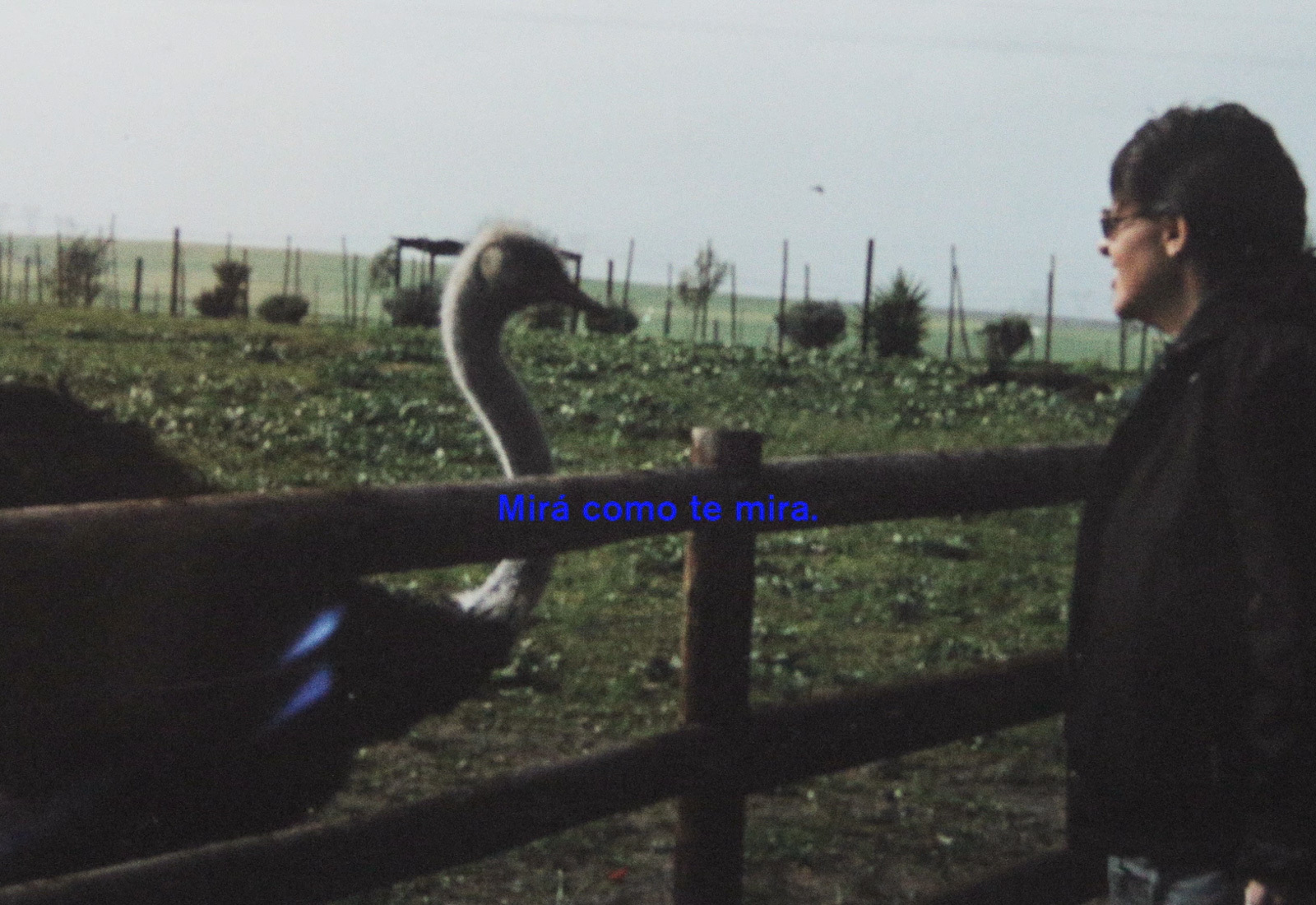After we spent countless hours in cinemas around Victoria during the theatrical run of this year’s Melbourne International Film Festival, what better way to ease out of the experience than a 75-minute movie on MIFFPLAY? MIFF is offering a selection of 35 films and shorts packages from the festival to stream online until this Sunday, August 27th – to provide a bit of a salve from having to rip off the MIFF bandage for 2023, perhaps prematurely for some of us.
Among these is The Face of the Jellyfish (El Rostro De La Medusa), which does indeed run just an hour and a quarter – and worth every beguiling moment.
The Spanish language film is from Argentinian director Melisa Liebenthal, and it gives a portrayal of a unique scenario that is alternately realistic and outlandish. It’s the premise itself that is most outlandish: One day, Marina (Rocio Stellato) awakens and doesn’t recognise the person looking back at her in the mirror. That’s not a metaphor. Literally, Marina has awoken with a new face, and has no idea how it happened. Same voice, same body, same experiences – just a new face. She holds up a picture to show us what she looked like the night before. (It’s a picture of the director herself.)
Those around her take it in stride. Her family comments on the oddity of it, but more as a curiosity, not as an unprecedented phenomenon worthy of tabloid newspapers and medical journals. She tries not to put on the camera when FaceTiming with her boyfriend (Vladimir Duran), but he just wants to see her – he doesn’t care about “the face thing.” She does in fact contact medical professionals, but they run the same series of irrelevant tests that involve checking her throat and asking whether she’s taking birth control. One even tries to prescribe a pill to return Marina’s old face.
For Marina, though, the impact is obviously existentially earth-shattering. She needs to start changing her photos on social media. She considers stepping outside her normal life and experiences under the guise of wearing a mask. And she starts to become fixated on the faces of animals – at the zoo, at the aquarium, in her own home (her cat).
It’s this last that is most profound in terms of a recurring visual motif. Liebenthal repeatedly gives us a technique whereby the animals’ faces are being structurally patterned in a series of lines and geometrical shapes, almost like spider webs. It’s a clever graphical component of the theme of facial recognition (or lack thereof). This material serves as a cutaway from the main story, such as it is, which itself has a piecemeal, elliptical quality.
There’s very clearly a more conventional narrative that could be made of these raw materials, but Liebenthal isn’t interested in that sort of thing. The Face of the Jellyfish is best served as an oddball suggestion of its thematic content rather than having to conform to the structure even a more eccentric filmmaker would necessarily impose on it. The conclusions it reaches, or possibly fails to reach, are perfectly suited to the kind of film it wants to be.
And at 75 minutes, you’ll be out of there in no time even if it isn’t your cup of tea.
Tickets for The Face of the Jellyfish and other MIFFPLAY movies can be purchased here and can be watched until 11:59 p.m. on Sunday night.


